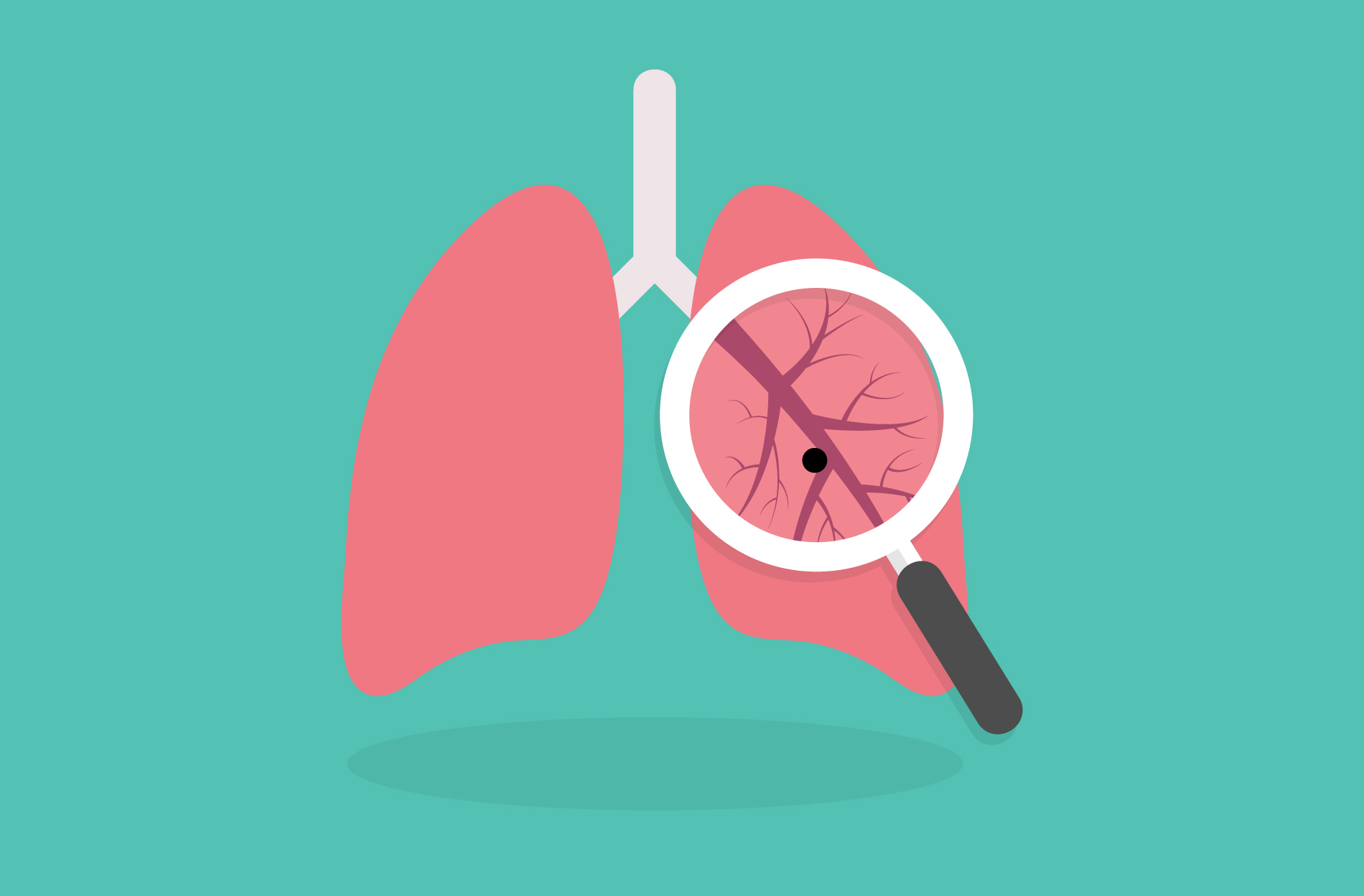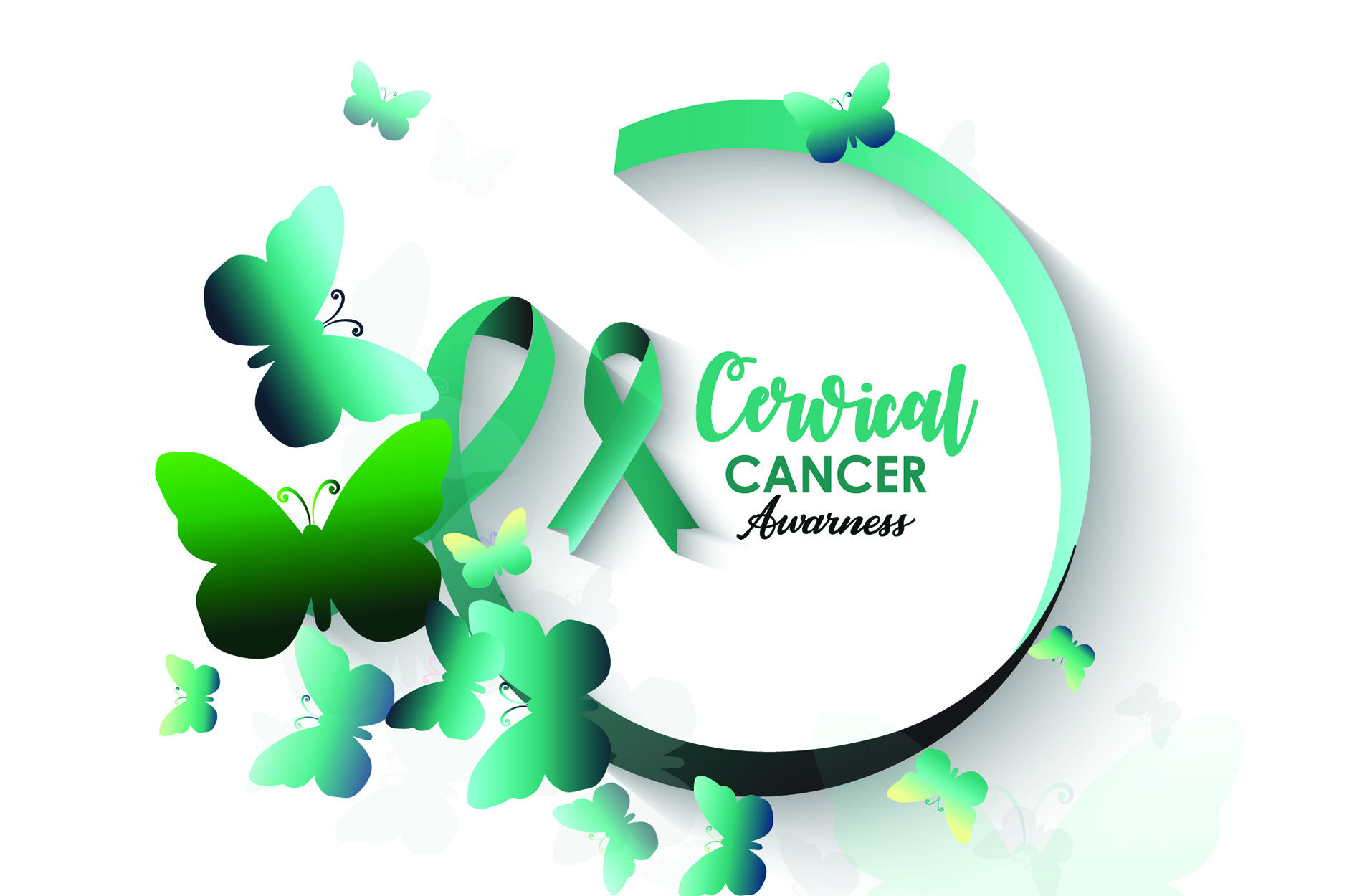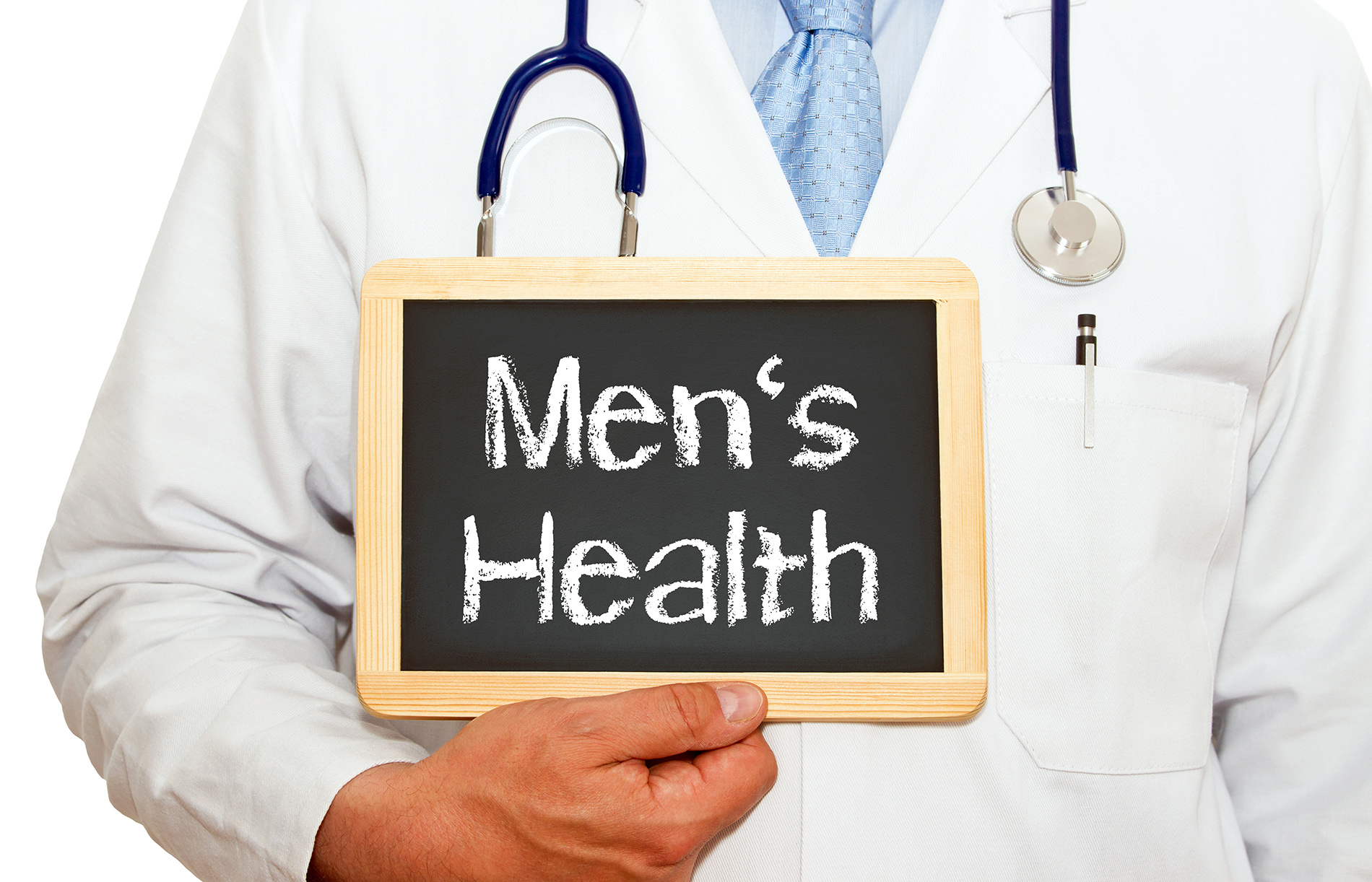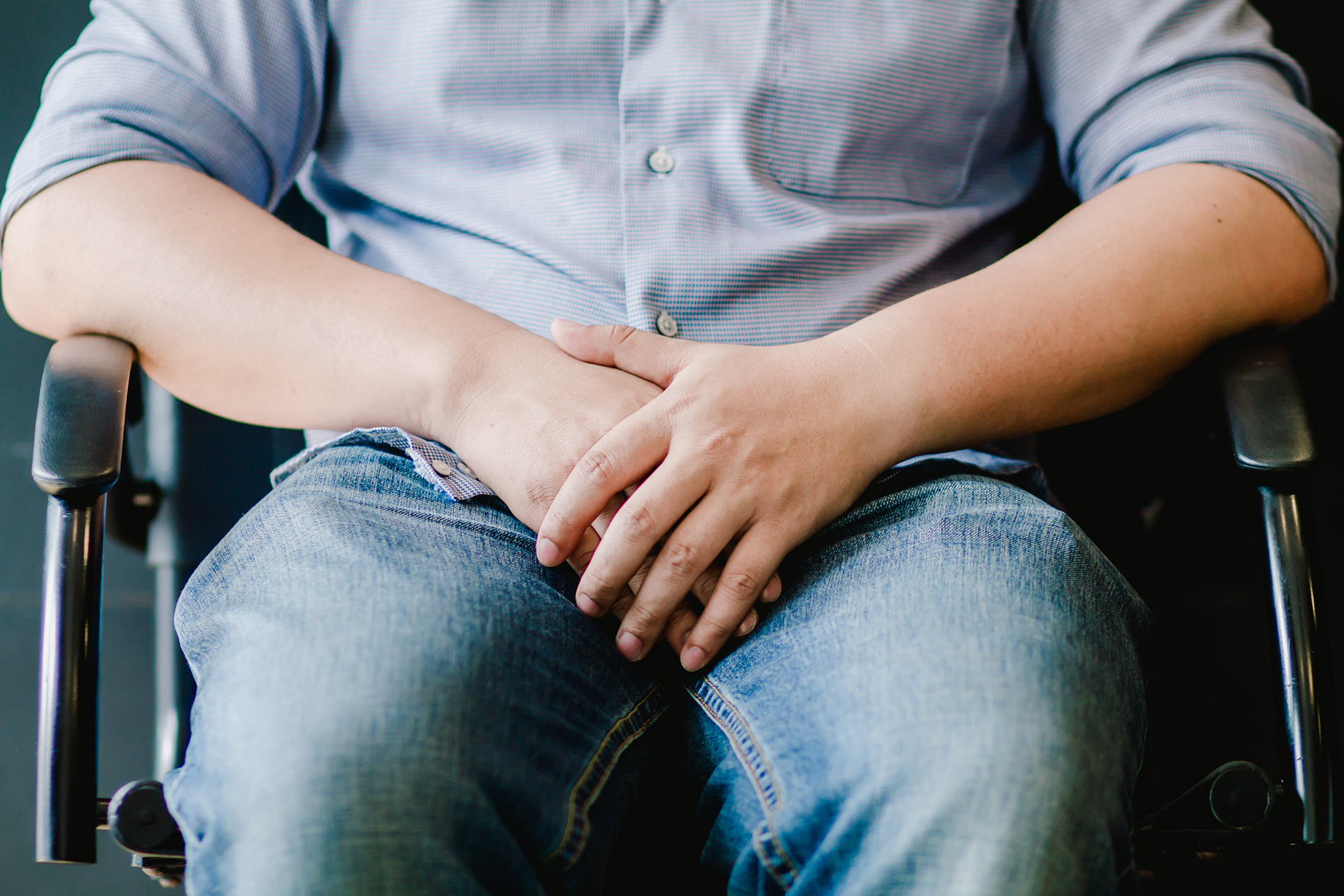You may be surprised to learn that alcohol is a carcinogen and drinking as little as one alcoholic drink a day increases your risk of developing breast cancer.
Alcoholic drinks include beer, wine and liquor. One drink is defined as 12 ounces of beer, 5 ounces of wine or 1.5 ounces of liquor.
Studies show that the more alcohol women drink, the higher their risk. Women who have one drink a day (defined as moderate consumption) have a 7 to 10% increase in risk compared to non-drinkers, while those who consume 2 to 3 drinks a day have about a 20% higher risk.
"The International Agency for Cancer Research, part of the World Health Organization, classifies alcohol as a Group 1 (known) human carcinogen, along with substances like arsenic, benzene and formaldehyde," says Vijaya Korrapati, MD, an oncologist at Lexington Medical Cancer Center.
Alcohol consumption is a leading modifiable risk factor for breast cancer in the U.S. There's been a surge in drinking among women in the past couple of decades, so it's important for women to understand the connection between alcohol and cancer.
Scientists are still studying the role drinking plays in breast cancer development, but several theories have emerged:
- Drinking causes a rise in estrogen receptor–positive breast cancer—the most common form of breast cancer—possibly because it causes an increase in circulating estrogen.
- Alcohol, a source of empty calories, contributes to being overweight or obese. Excess body fat can influence risk in several ways, including increasing estrogen levels, insulin, and other factors that encourage cell growth.
- Drinking harms DNA, which directs cell function and growth. Alcohol is metabolized into acetaldehyde, which damages DNA and prevents the body from repairing it. Once DNA is damaged, a cell can grow out of control and create a malignant tumor. Drinking can also harm DNA by causing oxidative stress in cells.
- Alcohol may also affect the body's ability to absorb certain nutrients. For example, drinking can lead to poor absorption of folate and low levels of this vitamin are thought to play a role in the risk of breast cancer.
If you want to lower your breast cancer risk, limiting how much alcohol you drink makes sense. You may choose to stop drinking alcohol altogether. But if you plan to continue drinking, try to have two or fewer alcoholic drinks per week. You can still enjoy alcohol occasionally but try not to make it routine.

Vijaya Korrapati, MD, Lexington Medical Cancer Center









Leave a comment